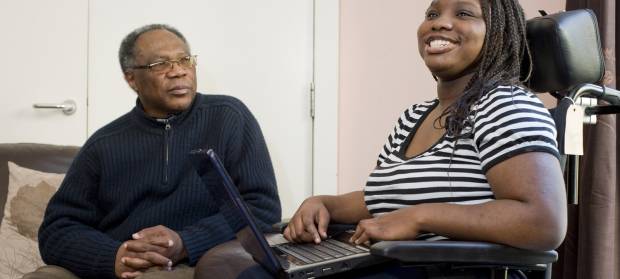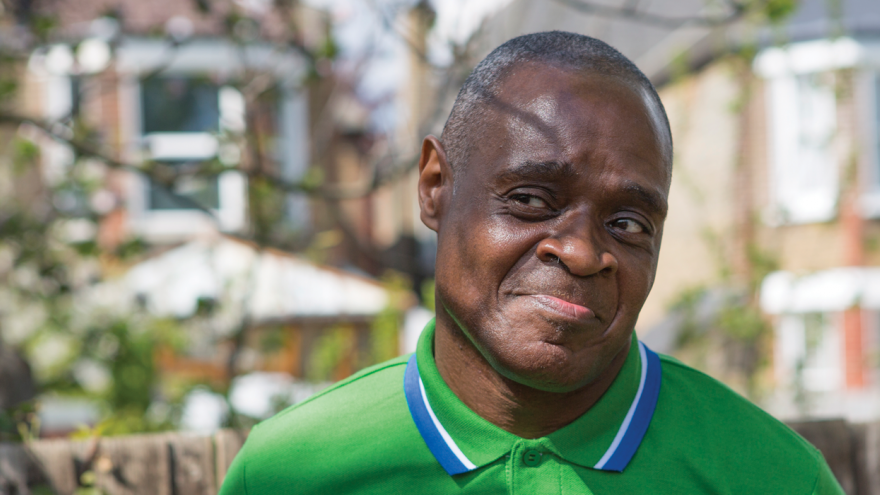
Key contacts for journalists
Our 24 hour contact number is 02076965414
Our email address is media@mencap.org.uk.
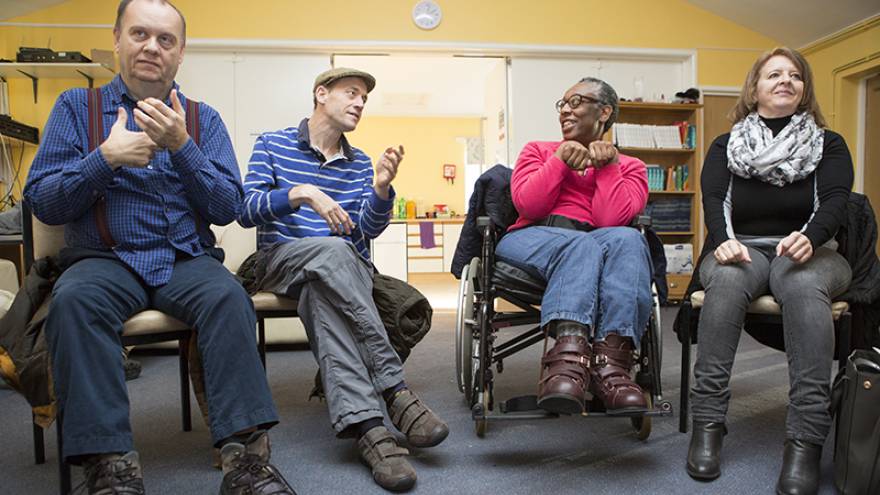
MIPCOM Diversify TV Excellence Awards
As a Jury member, Mencap is proud partner of MIPCOM for the 4th edition of the MIPCOM Diversify TV Excellence Awards.
The awards are a prestigious competition dedicated to championing and promoting diversity and inclusion in all its forms across the international television industry.
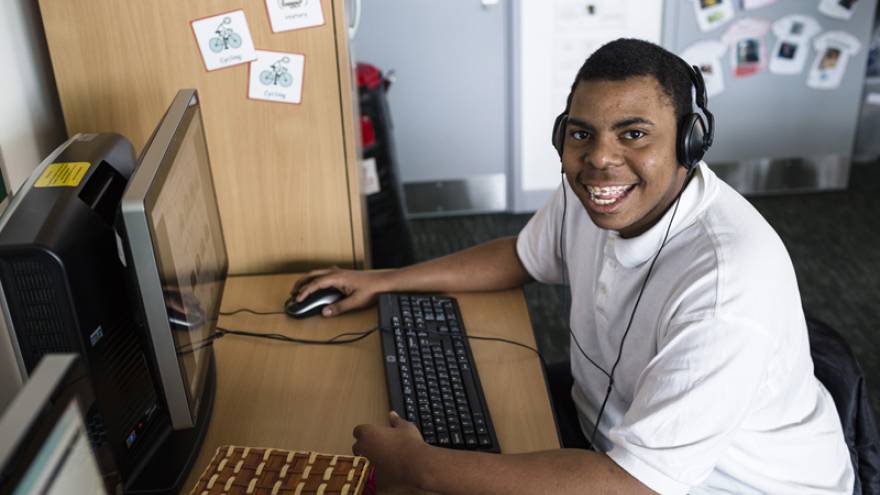
Get our press releases by email
Let us know if you'd like to receive Mencap press releases via email, including our comments on breaking news stories.
Email the Mencap Press Office to let us know that you'd like to receive this information directly to your inbox.
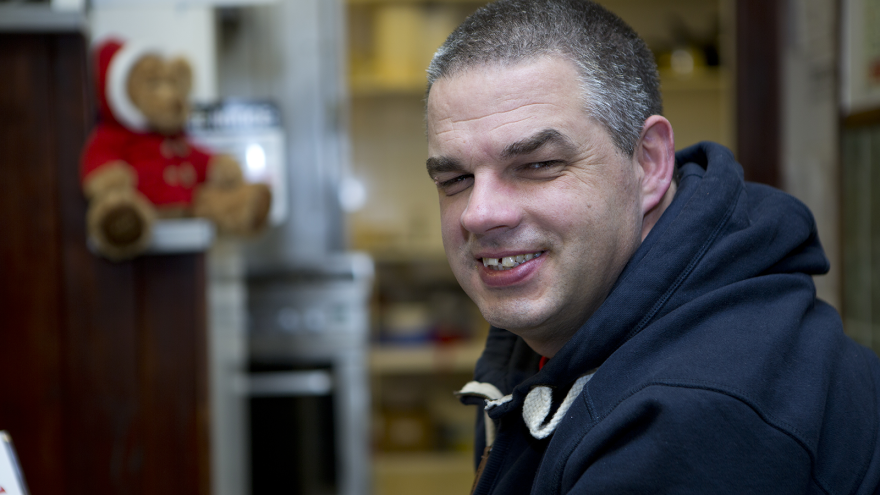
Tell us your story
Your stories are important to us.
If you have a learning disability, or you are a family member or carer to someone who does, then we want to hear from you.
Get in touch with us via our webform if you want to share your story.
Our vision statements
We have set out what we think about some of the big issues that affect people with a learning disability and their families.
